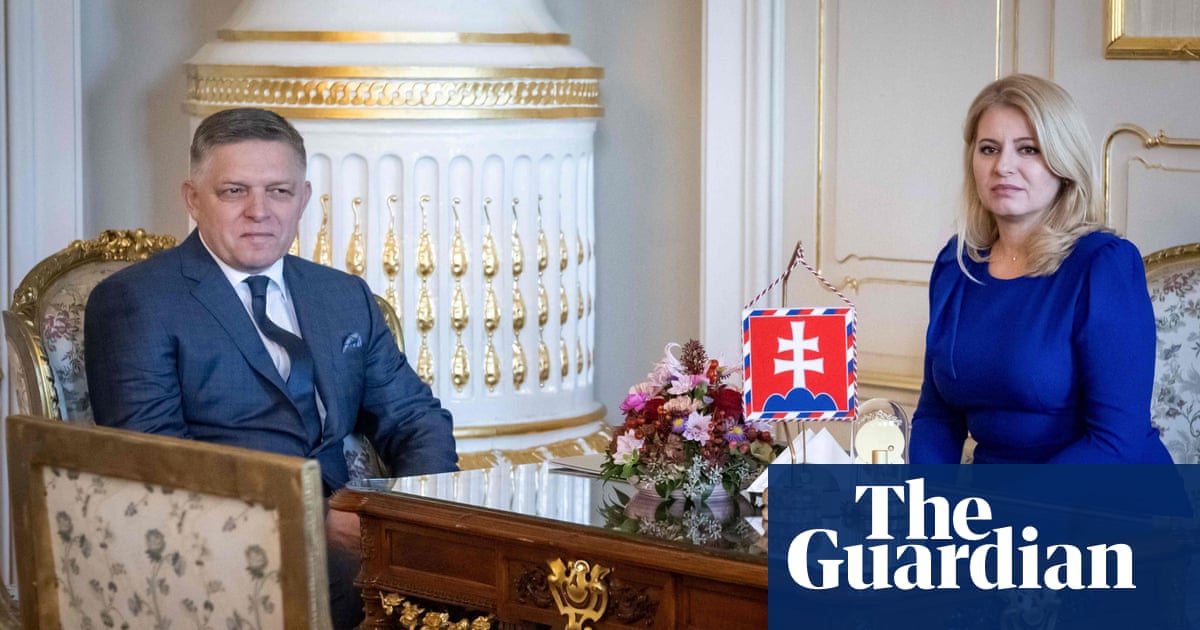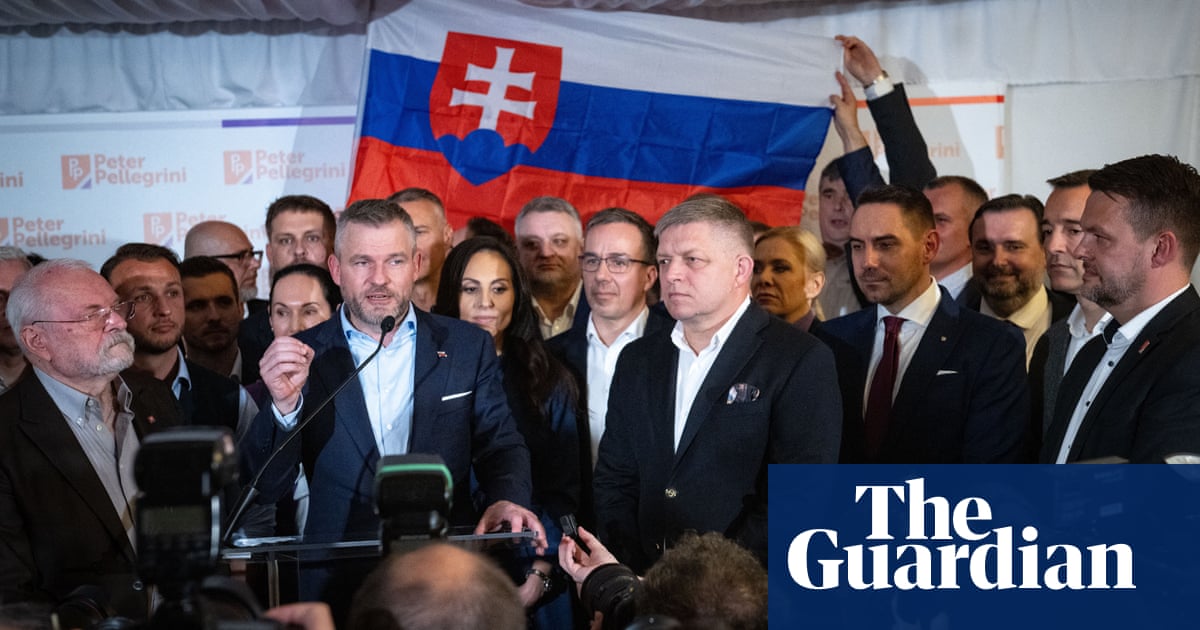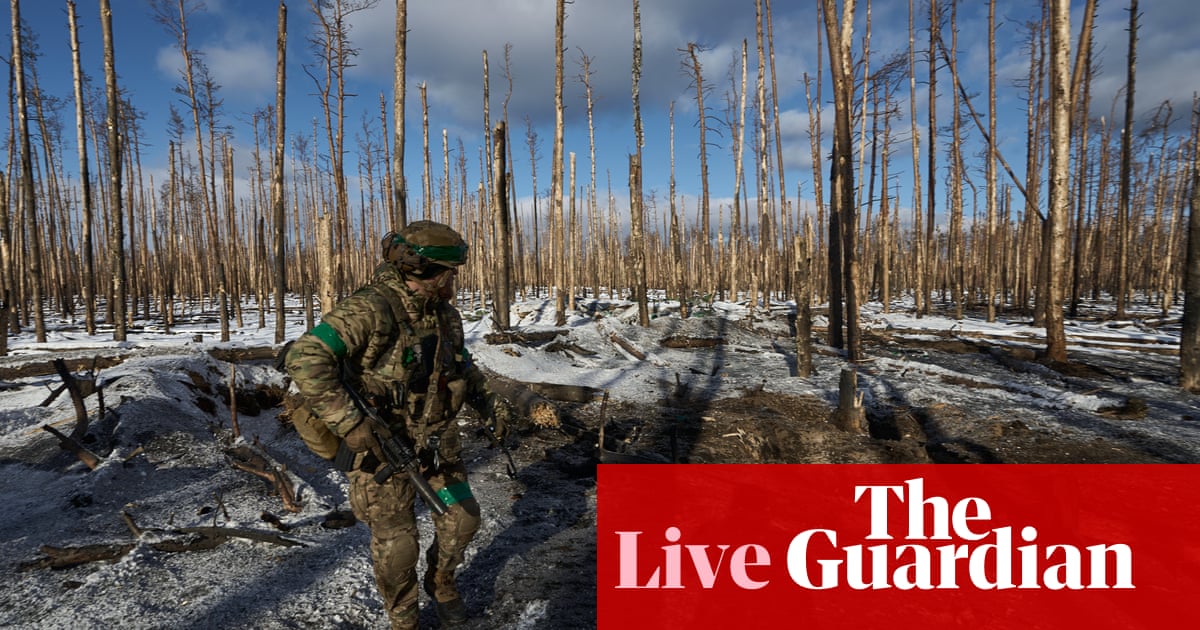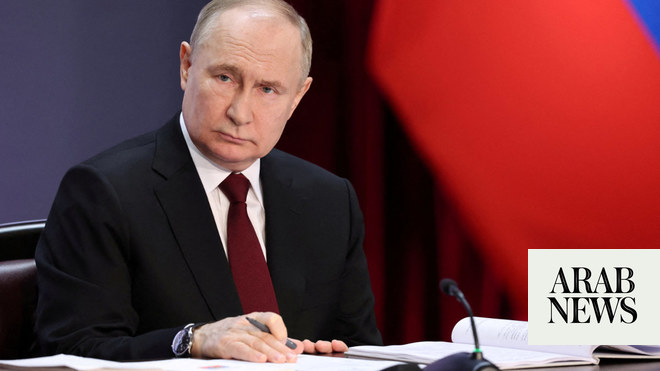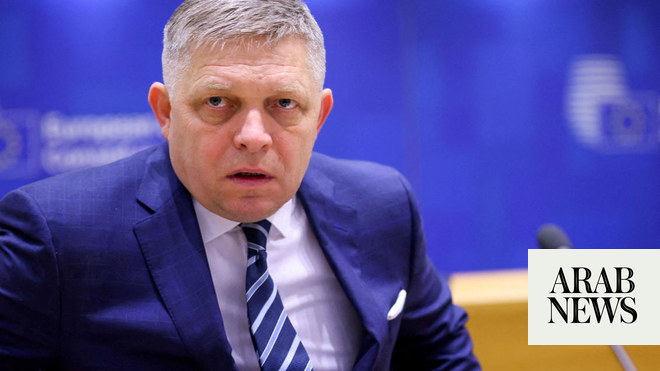
After a joint meeting of the Slovak and Ukrainian governments, Fico said Slovakia wanted to be a “good, friendly” neighbor to Ukraine
Fico has been keen to keep business ties with Kyiv, including continuing to allow commercial arms deals to go ahead
BRATISLAVA: Slovak Prime Minister Robert Fico, whose pro-Russian views have put him at odds with allies, sought to deepen cooperation in energy, railway links and grain transport with war-hit neighbor Ukraine on Thursday.
After a joint meeting of the Slovak and Ukrainian governments, Fico said Slovakia wanted to be a “good, friendly” neighbor to Ukraine.
Fico has led a shift in Slovakia’s foreign policy since coming to power last October, halting state military aid to Kyiv and opening communication channels with Moscow, even as the EU has sought to isolate Russia’s government.
Yet Fico has been keen to keep business ties with Kyiv, including continuing to allow commercial arms deals to go ahead.
“Ukraine needs help, and Ukraine needs to be shown solidarity,” Fico said in broadcast remarks alongside Ukrainian Prime Minister Denys Shmyhal after meeting in eastern Slovakia.
“There can of course be different opinions or views on that help or solidarity.”
Previous Slovak administrations had been staunch backers of Kyiv after Russia’s invasion in 2022, providing fighter jets and air defense systems, among other equipment. Fico reiterated on Thursday that Slovakia would continue allowing commercial deals for military supplies despite stopping state military aid.
He said the countries agreed that an old wide-gauge freight rail link from Slovakia’s second biggest city of Kosice should begin passenger service to Kyiv.
They will also modernize the main road border crossing and boost cross-border electricity transmission networks in the coming years.
Fico said Slovakia will continue to provide a corridor for the export of Ukrainian agricultural products, while Shmyhal said they agreed to work on lifting restrictions on Ukrainian products which Slovakia and other countries put in place to protect domestic markets.
“We are aware that each of our states has its own national interests, its own priorities, which sometimes may not coincide,” Shmyhal said. “But at the same time we have absolutely good will and a pragmatic attitude.”




